Can Someone With Dementia Sign Legal Documents?
Two of the most common symptoms caused by dementia are memory loss and difficulty completing familiar tasks. These symptoms could make signing legal documents difficult for a patient suffering from one of these brain-changing disorders.
While most patients can still sign their names through advanced stages of dementia, it's a concern that they may not understand the documents they are signing.

Understanding Dementia
Dementia is a group of symptoms that impact brain function, memory, and language. Up to 80% of dementia patients have Alzheimer's, but a handful of illnesses produce similar effects on the brain, including memory loss, impaired judgment, and decision-making abilities.
Dementia progresses over time, with some medical experts believing symptoms may start as much as 20 years before an official diagnosis. Particularly in Alzheimer's, patients go through a series of stages that begin with mild impairment and progress to severe mental and physical decline.
In most states, including Missouri and Kansas, individuals must show they have the mental capacity to understand legal documents by explaining the meaning of the contract they will sign.
Legal Capacity and the Ability of Someone With Dementia to Sign Documents
Legal capacity requires someone signing a contract to make a rational decision based on relevant facts. When it comes to contracts, such as most legal documents, the person must be of "sound mind" for the signed document to be valid.
To prove they have a sound mind, an individual may need to show that they have the mental ability to understand what is being signed, appreciate the circumstances under which the document is being signed, and communicate their choice to sign. This can become a gray area as a person moves into more moderate impairment due to dementia.
Determining whether someone is of sound mind generally requires the assessment of a medical professional. A doctor, trained nurse, or social worker can make a professional determination that a patient can understand and is of sound mind. In extreme cases, proving sound mind (or lack thereof) could require an assessment by a court-appointed deputy or even a court hearing -- something you likely don't want your loved one to go through.
Why is legal capacity such a concern? In some cases, one family member or group of family members have convinced a patient with dementia to make choices they don't understand, such as to whom their estate and assets should be given. Without legal capacity, the patient may not understand or be easily misled into making a decision they would not have in sound mind.
Power of Attorney and Advanced Directives
The best way to avoid medical and legal struggles over what exactly constitutes a sound mind and to prevent legal battles over the validity of a signed document is to create a power of attorney before your loved one shows signs of moderate or severe mental decline.
Power of attorney is a document that lets the patient (called the principal) designate another person (the agent) to make financial and legal decisions for them. This doesn't take effect until the patient no longer has mental capacity, so it's vital to have power of attorney in place as soon as a diagnosis of dementia is made. When creating power of attorney, it helps to remove any doubt about the patient's capacity by having an assessment completed and documented.
Usually, the agent with power of attorney is a spouse, child, sibling, or close friend. It's crucial that this person is trustworthy and can act rationally in making decisions for the patient.
In some cases, a dementia patient may wish to have different family members handle legal and medical decisions. While the patient is creating a power of attorney, it's good to consider other advanced directives. Other directives include a living will to dictate what should happen at the end of life and healthcare proxies to name someone capable of making key medical decisions.
Let Barr Help Lighten The Load So You Can Focus On The Important Decisions
As dementia progresses, a patient may no longer be capable of making crucial legal decisions or signing legal documents. Before this becomes an issue where loved ones cannot know whether the patient understands what they are signing, it's wise to designate power of attorney and other legal and medical proxies so a loved one can make decisions.
In all cases when someone asks a dementia patient to sign a legal document, their mental capacity should be assessed by a medical professional to ensure they understand what's being signed.
Does your loved one with a dementia diagnosis need in-home care? Many patients with moderate symptoms can benefit from a senior aide to assist in helping them live in their own homes as long as possible. Contact us to learn more about certified nurse aides and home health aides in the Kansas City area.








